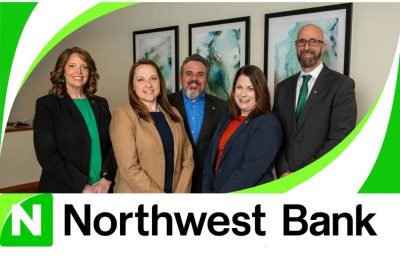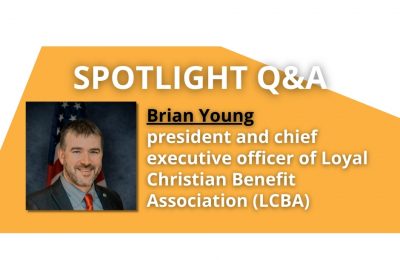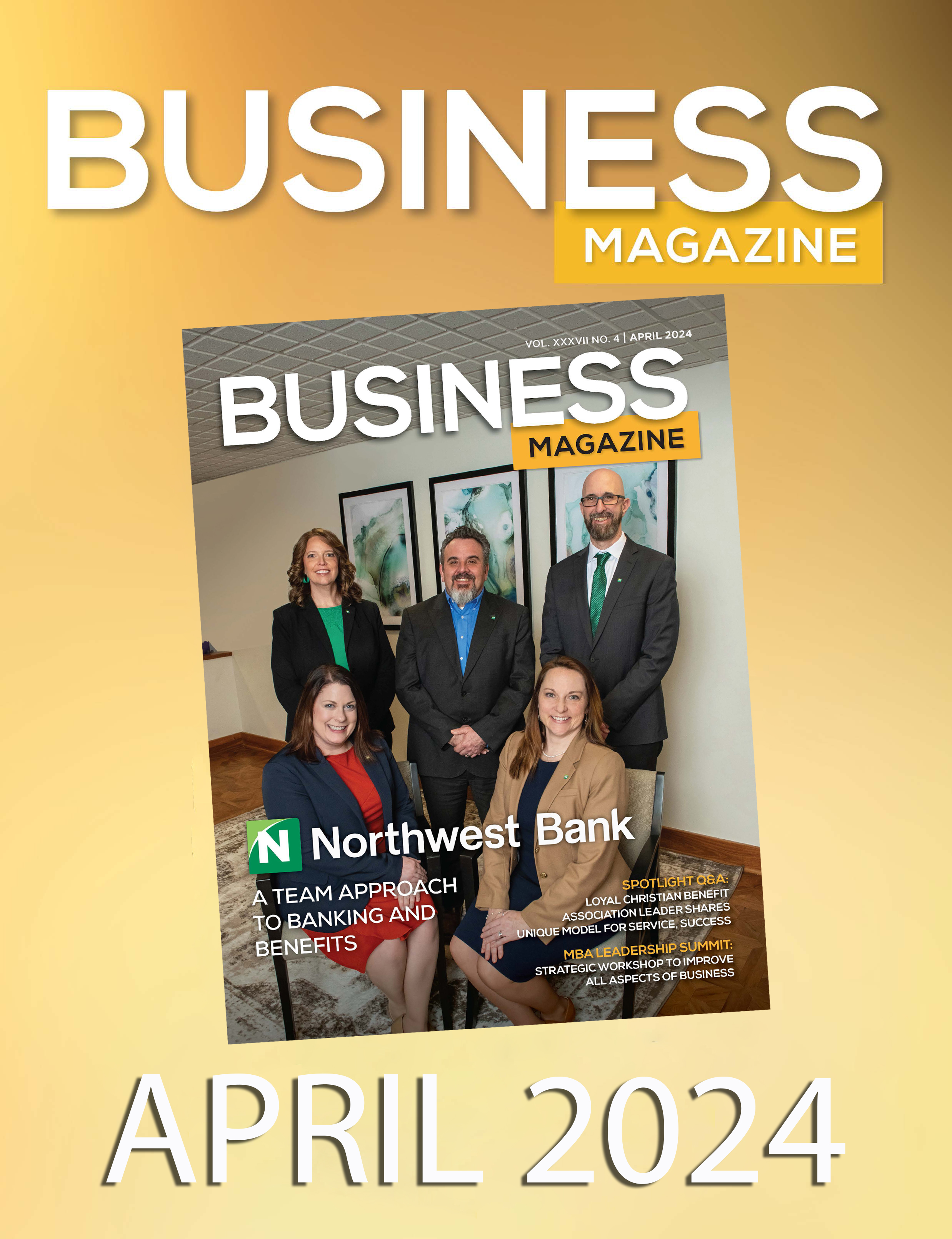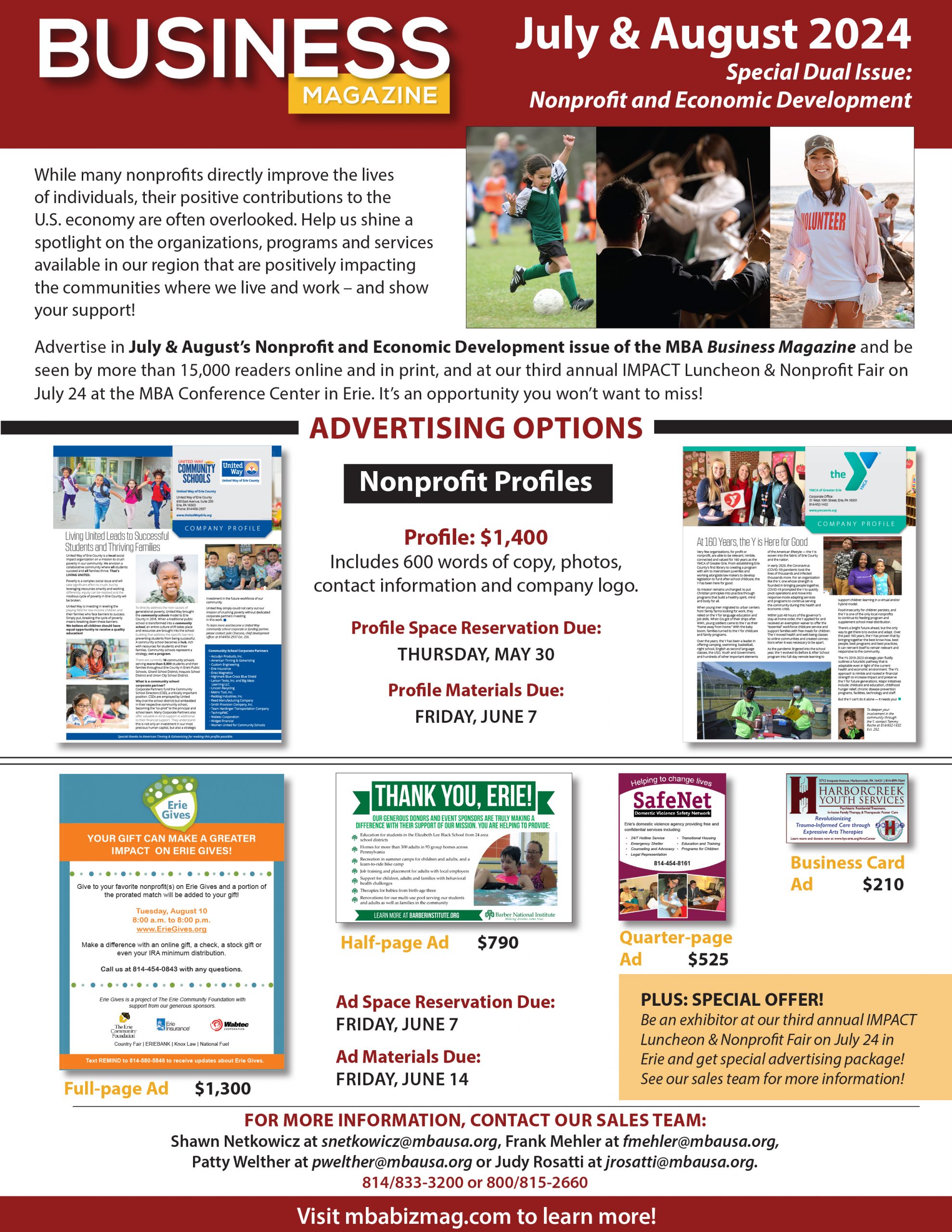Matthew W. McCullough is a partner at MacDonald Illig. His practice consists primarily of labor and employment advice and litigation for employers and business/commercial litigation.
Businesses traditionally have operated in a highly regulated environment, with federal, state and local laws regulating anti- discrimination, Americans with Disabilities Act (ADA) compliance, employee paid and unpaid leave entitlements, wage and hour issues, workplace safety and environmental compliance to name a few. Prior to the COVID-19 pandemic, navigating these statutory and regulatory requirements could be tricky with the potential for significant financial exposure if not done correctly. Due to the variety and novelty of problems created by the pandemic and government response, businesses now face new requirements, some changing on a daily basis, in addition to pre- COVID-19 requirements that remain in effect.
The COVID-19 pandemic has given birth to an array of new legislation, regulations, executive orders and guidance too numerous to mention. Some of the more challenging employment-related enactments include new paid sick and family leave entitlements under the Families First Coronavirus Response Act, new Equal Employment Opportunity Commission (EEOC) guidance concerning medical inquiries and virus- related accommodations, wage and hour, and confidentiality issues involving remote workers. Plus, there is a myriad of requirements as businesses bring employees back to work, reopen to the public and resume “normal” operations.
Much confusion was generated by the Paycheck Protection Program’s (PPP) application process and eligibility determinations, and businesses now must ensure that PPP funds are used properly to achieve maximum loan forgiveness. Existing pandemic-related regulations will continue to evolve and even more regulations are inevitable as more is learned about the virus’s transmissibility and its long-term impact on the economy. In short, this ever-changing regulatory landscape requires businesses and their advisers to be more vigilant than ever.
Consider This
Business must not underestimate the importance of awareness, understanding and compliance with evolving federal, state and local requirements. Here are some suggestions to assist businesses to maintain compliance during these challenging times:
- Monitor websites for updates. Sources include OSHA, U.S. Department of Labor, EEOC, Governor Tom Wolf, and state and local health departments, and follow links to additional resources.
- Carefully review federal, state and local orders, and regulations and guidance that may relax or repeal stay- home orders, which impact personnel matters or that dictate the requirements for your business to reopen.
- Check government websites for guidance or FAQs applicable to your particular business, such as construction or restaurants.
- Subscribe to industry and trade association blogs and newsletters or newsfeeds, and newsletters and e-mail updates from regulatory bodies, and state and local legislators.
- Be aware that enforcement will resume of pre-pandemic regulations suspended or loosely enforced during the height of the pandemic.
- Do not assume that local authorities will continue relaxed enforcement of local regulations and ordinances as more businesses reopen.
- Be aware that most businesses also are regulated by federal and/or state authorities, and non-compliance at those levels can bring stiff fines and even license suspension or revocation.
- Create a database to track information that applies to your business, and update regularly as requirements change.
- Designate a particular person within your organization to be responsible for tracking and updating your database.
- Ensure that your procedures and policies are updated timely to reflect changes in regulations and standards, and disseminate updates to those who must know to ensure compliance.
- Be forward thinking. Develop a plan to respond to more strict regulation if we experience a spike in cases.
In some situations, it may be appropriate to communicate directly with local officials or local representatives of state or federal agencies such as the Occupational Safety and Health Administration or the Department of Labor. To this end, maintaining good relationships with these agencies and individuals, particularly at the local level, makes good business sense. Finally, do not hesitate to contact your legal or other professional advisers for guidance.
For more information, contact Matt McCullough at 814/870-7602 or mmccullough@mijb.com.













